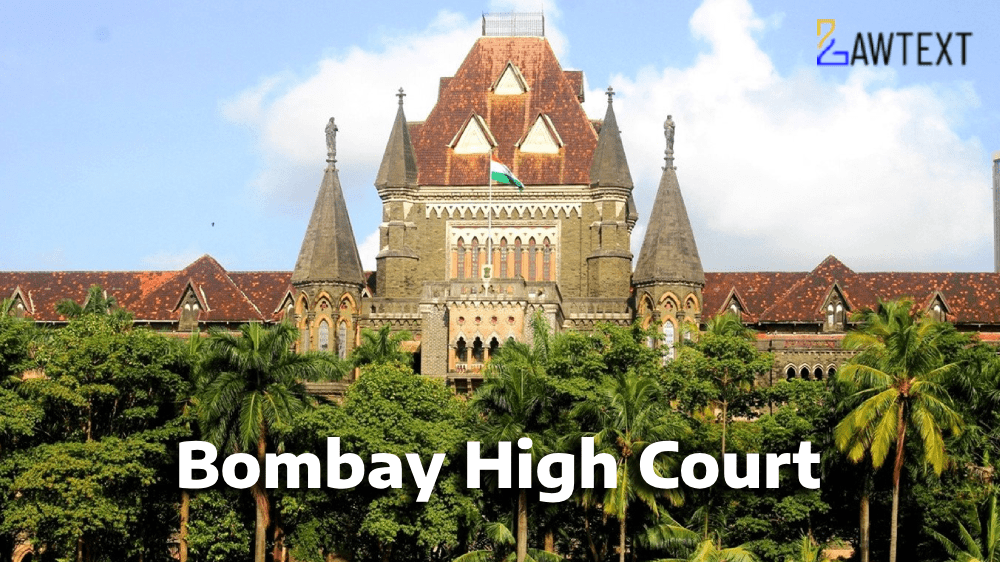Bail Denied under Section 437(6) CrPC: Discretionary Power Exercised, Not a Default Right. Trial delay does not grant automatic bail under Section 437(6) of CrPC. Courts must exercise discretion based on facts and circumstances.

CASE NOTE & SUMMARY
The applicant sought bail under Section 437(6) of the CrPC, claiming that the trial was not concluded within 60 days from the first date fixed for evidence. The defense argued that delay in trial entitled the applicant to bail, while the prosecution contended that the word “shall” in Section 437(6) is not mandatory, allowing the court discretion. Both the Magistrate and Additional Sessions Judge rejected the bail, stating the applicant’s likelihood to abscond and potential tampering with witnesses, thereby concluding that the discretion to grant bail was rightly not exercised.
1. Parties and Offences (Para 1-2)
- Applicant: Seeking bail in Crime No. 69 of 2023.
- Offences: Charged under Sections 120-B, 182, 193, 419, 420, 468 read with Section 34 of the Indian Penal Code (IPC).
2. Defense Argument for Bail (Para 3)
- Ground: Trial not concluded within 60 days from the first date fixed for evidence.
- Precedents Cited: Chandraswami v. CBI (1996) and Sukhdev Singh v. State of Punjab (2009), emphasizing the right to bail due to delayed trials not caused by the applicant.
- Fundamental Rights: Alleged violation of the right to liberty.
3. Prosecution's Opposition (Para 4-5)
- Key Case: U.T. Worldwide India Pvt. Ltd. v. State of Maharashtra (2007), where the Bombay High Court ruled that “shall” in Section 437(6) is not mandatory, giving the court discretion to grant or deny bail.
4. Judicial Discretion in Bail (Para 6-7)
- Interpretation: The Bombay High Court found that granting bail under Section 437(6) is discretionary, not automatic, even if the trial exceeds 60 days.
- Discretion: Courts must use sound judicial principles in granting bail, and non-completion of the trial does not mandate bail.
5. Applicant's Precedents Not Directly Applicable (Para 8-10)
- Chandraswami Case: Supreme Court granted bail based on the totality of the circumstances, not Section 437(6).
- Sukhdev Singh Case: Bail was granted due to delays caused by the prosecution, but the court did not view Section 437(6) as a matter of right.
6. Magistrate's Findings (Para 11)
- Concerns: The accused was not traceable initially, raising fears of absconding if released on bail.
- Tampering: Possibility of tampering with prosecution witnesses.
7. Additional Sessions Judge's Findings (Para 12)
- Parity: Applicant not entitled to parity with co-accused, given her specific role.
- Application Grounds: Insufficient to justify bail, despite maintainability of the subsequent application.
8. Bail Not Automatic after 60 Days (Para 13-14)
- Section 437(6): Does not grant bail as a matter of right after 60 days. Court's discretion is necessary, taking into account all circumstances, including the risk of absconding and tampering with witnesses.
9. Court’s Conclusion (Para 15)
- Decision: Both lower courts properly exercised their discretion in denying bail.
- Final Order: Bail application dismissed.
Acts and Sections Discussed:
- Section 120-B IPC: Criminal conspiracy.
- Section 182 IPC: False information, intending to cause a public servant to use his lawful power to the injury of another person.
- Section 193 IPC: Punishment for false evidence.
- Section 419 IPC: Punishment for cheating by personation.
- Section 420 IPC: Cheating and dishonestly inducing delivery of property.
- Section 468 IPC: Forgery for the purpose of cheating.
- Section 34 IPC: Acts done by several persons in furtherance of common intention.
- Section 437(6) CrPC: Conditions under which bail can be granted if the trial is not concluded within 60 days from the first date fixed for taking evidence.
Ratio Decidendi:
The case lies in the interpretation of Section 437(6) CrPC, which does not mandate bail as a default right after 60 days of trial delay. The word "shall" in the section is discretionary, and courts must consider factors such as risk of absconding, tampering with evidence, and the applicant's past behavior before granting bail.
ISSUE OF CONSIDERATION
LATABAI WD/O. BHIMSING JADHAV VERSUS THE STATE OF MAHARASHTRA
Citation: 2024 LawText (BOM) (9) 2302
Case Number: 29 BAIL APPLICATION NO. 1547 OF 2024
Date of Decision: 2024-09-23
Case Title: LATABAI WD/O. BHIMSING JADHAV VERSUS THE STATE OF MAHARASHTRA
Before Judge: S. G. MEHARE, J.
Advocate(s): Advocate for Applicant : Mr. Bhaskar M. P. APP for Respondent/s-State : Mr. A. S. Shinde.
Appellant: LATABAI WD/O. BHIMSING JADHAV
Respondent: THE STATE OF MAHARASHTRA

